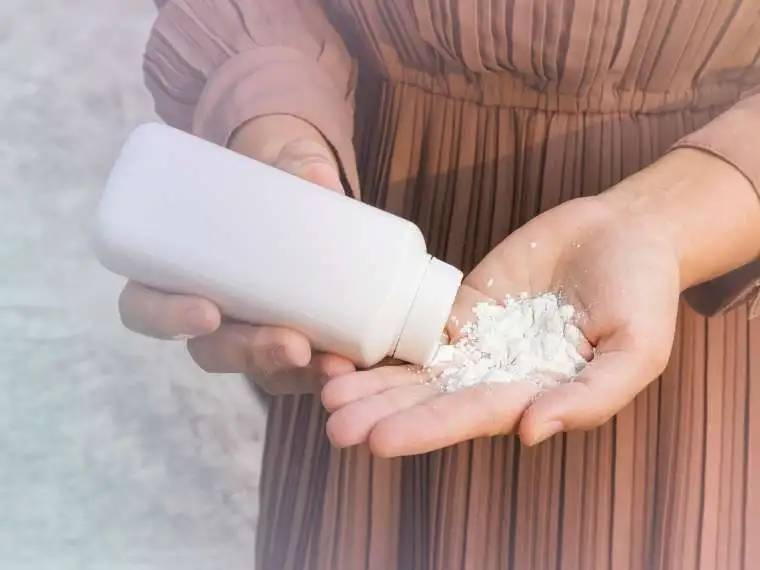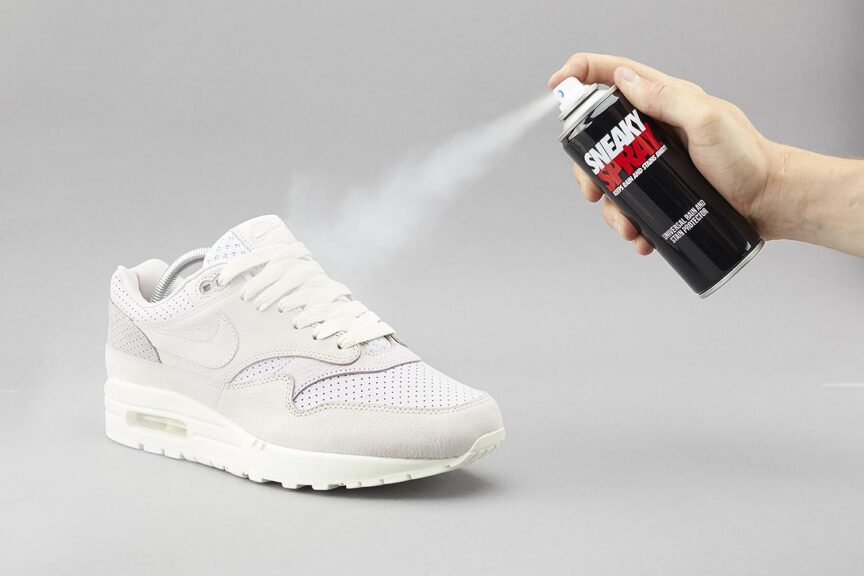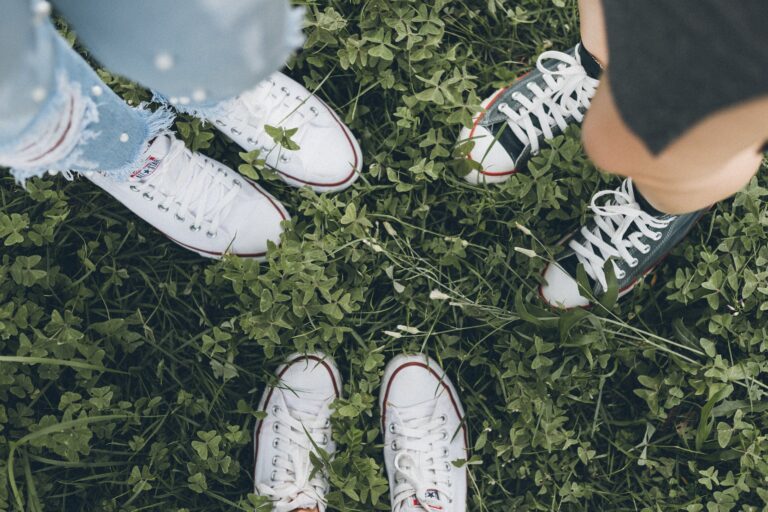Have you ever been in a situation where your perfectly chosen outfit is overshadowed by the embarrassing squeaking of your shoes against the floor?
Whether it’s a quiet library, a formal event, or just walking around your own home, shoe squeaks can be incredibly frustrating.
Fear not! In this guide, we’ll dive into the various reasons why shoes squeak, provide you with a plethora of practical solutions, and equip you with the knowledge to stop the bottom of your shoes from squeaking on different types of floors.
Squeaky shoes can be an unexpected source of embarrassment and frustration.
Whether you’re entering a quiet room, attending an important meeting, or simply walking around your home, the unmistakable sound of shoes squeaking on the floor can draw unwanted attention. However, you don’t have to resign yourself to this irritating issue.
There are several effective methods you can employ to stop bottom of shoes squeaking on floor those squeaks and confidently move around without any distractions. In this article, we’ll explore eight practical and proven ways to put an end to shoe squeaking.
How to stop bottom of shoes from squeaking on floor
1. Choose the Right Shoes

The foundation of preventing shoe squeaks lies in your choice of footwear. When selecting shoes, prioritize those with well-constructed soles and quality materials.
Shoes that are too loose or feature materials that generate excessive friction are more likely to produce squeaks.
Leather soles, for instance, tend to create less noise compared to rubber or synthetic options.
2. Inspect and Maintain Your Shoes

Regular shoe maintenance plays a crucial role in preventing squeaks. Conduct routine inspections to identify any signs of wear and tear, focusing particularly on the soles.
Worn-out treads and uneven surfaces can be major contributors to squeaking. Promptly address any damage by replacing worn-out soles or securing loose components.
3. Lubrication: A Simple Solution

Lubricating your shoes can work wonders in reducing friction and eliminating squeaks. Applying silicone spray or even basic baby powder between the insole and outsole can significantly dampen noise. By creating a barrier that minimizes the interaction between the materials, you can enjoy a quieter stride.
4. The Magic of Insoles

Insoles aren’t just for added comfort – they can also serve as an effective barrier against shoe squeaking. Gel or foam insoles, when properly selected for your shoes, can create a buffer between your feet and the shoe’s sole, effectively reducing friction and noise.
5. Harness the Power of Talcum Powder

The tried-and-true method of using talcum powder (or baby powder) can also be a game-changer. By lightly sprinkling this powder inside your shoes, you create a moisture-absorbing layer that reduces friction. This simple yet effective solution can make a noticeable difference in the noise level produced by your shoes.
6. Noise-Reducing Sprays: Tailored Solutions

In today’s market, you can find noise-reducing sprays specifically designed for shoes. These sprays create a protective layer on the soles, effectively minimizing friction and silencing squeaks. When using these sprays, be sure to follow the manufacturer’s instructions carefully for optimal results.
7. Understanding and Addressing Environmental Factors
It’s important to recognize that environmental factors can influence the occurrence of shoe squeaks.
Humidity levels, temperature changes, and the type of flooring you’re walking on can all contribute to the noise.
Being aware of these variables and adjusting your stride accordingly can help minimize squeaks.
8. Consulting the Experts
If your efforts to silence shoe squeaks seem to be in vain, it might be time to seek advice from professionals.
A knowledgeable cobbler or shoe repair specialist can diagnose the issue and offer tailored solutions based on the design and materials of your shoes.
Their expertise can provide valuable insights into ending the frustration of squeaky shoes.
Conclusion
The annoyance of squeaky shoes doesn’t have to be a permanent part of your life. By following these eight effective methods, you can reclaim the confidence to move around noiselessly and without distractions.
Remember that every pair of shoes is unique, so don’t hesitate to experiment with different solutions until you find the one that works best for you. Enjoy the freedom of silent steps and confidently walk on any surface.
Read : Best Drop Ceiling Tiles for Soundproofing
Read more : How To Block Low Frequency Noise
FAQ’S on How to stop bottom of shoes from squeaking on floor
How do I know if the squeaking is coming from the sole or the upper part of the shoe?
Sometimes, it can be challenging to determine the exact source of the squeak. Try walking on different surfaces to identify if the noise is more pronounced on specific types of floors. This can give you a clue about whether the issue is with the sole or the upper part of the shoe.
Can I use cooking oil as a lubricant to stop shoe squeaking?
While cooking oil might temporarily reduce squeaking, it’s not recommended as a long-term solution. Cooking oil can become sticky and attract dirt, potentially damaging your shoes over time. It’s better to opt for products specifically designed for lubricating shoes.
Will using baby powder discolor my shoes?
Baby powder, when used in moderation, is unlikely to cause significant discoloration. However, it’s advisable to test a small, inconspicuous area before applying it to the entire shoe.
Why do some new shoes start squeaking?
New shoes might squeak due to various factors, including manufacturing residue, stiffness in materials, or improper fit. Breaking in new shoes gradually and using some of the methods mentioned above can help alleviate squeaking.
Can I fix squeaky high heels using the same methods?
Absolutely! Many of the methods mentioned here can be applied to high heels as well. However, be mindful of the specific design and materials of the heels when choosing a solution.
Are there any preventive measures to stop shoe squeaking?
Indeed, there are preventive measures you can take to minimize the chances of your shoes squeaking. These include proper shoe maintenance, choosing high-quality shoes, and being mindful of the surfaces you walk on.
